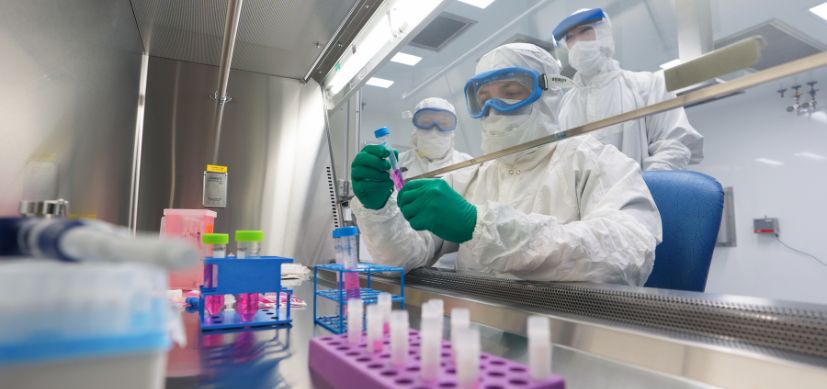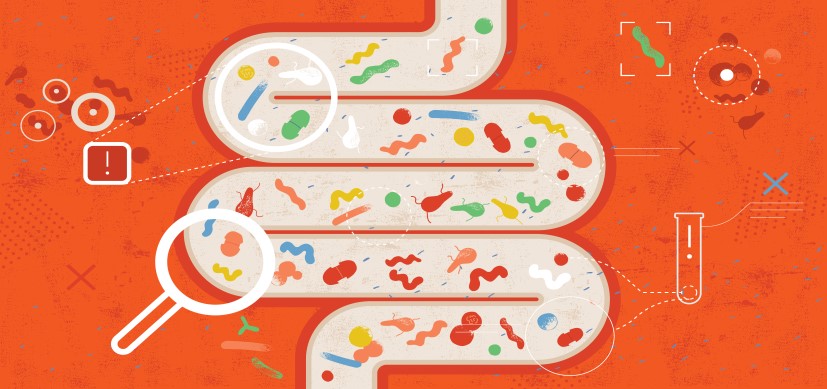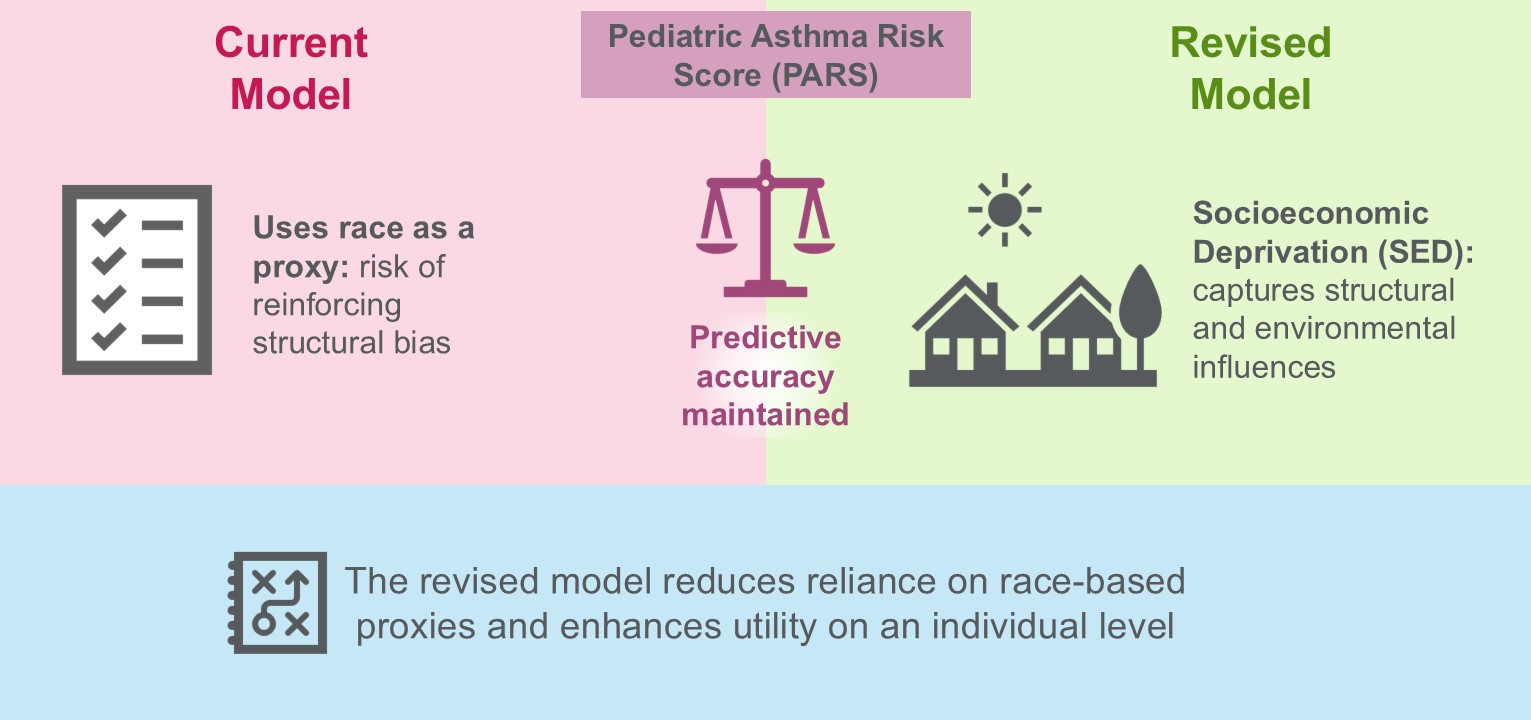$8M Grant Funds Long-Term Opioid Exposure Study
Post Date: October 6, 2021 | Publish Date:


Cincinnati Children’s Hospital Medical Center was awarded a five-year, $8 million grant from the National Institutes of Health (NIH) to track the effects of opioid and other exposures in hundreds of infants from before birth through early childhood. Cincinnati Children’s will be one of 25 institutions across the country involved in this large study that will include thousands of infants nationwide.
Led by principal investigator Stephanie Merhar, MD, MS, neonatologist and Associate Professor of Pediatrics in the Perinatal Institute at Cincinnati Children’s, the HEALthy Brain and Child Development (HBCD) Study will involve researchers from the medical center and the University of Cincinnati who will evaluate the effects of the early environment on infant and child development.
“Ohio and Kentucky have been particularly affected by the opioid epidemic, and we continue to have many babies born across the Greater Cincinnati region who have been exposed to opioids and other substances prior to birth,” Merhar said. “This study will help us to understand how prenatal and perinatal exposures to substances, as well as other environmental factors, affect brain development and developmental milestones. Ultimately, the findings from this study will allow us to provide better care to mothers and their children.”
Jennifer Vannest, PhD, CCC-SLP, Associate Professor of Communication Sciences and Disorders at the University of Cincinnati, is co-principal investigator.
“We will help to develop the study procedures that will be consistent across all the sites,” Vannest said. “Once the study plan is finalized, we plan on recruiting a diverse cohort of approximately 400 pregnant women from the Greater Cincinnati area to participate. The contributions of these local study participants will be combined with what is collected at the sites across the country.”
Cincinnati Children’s was chosen as one of 25 sites nationwide because of the hospital’s expertise in brain imaging in children, longitudinal studies of child development, and prenatal substance exposure.
“This research will lead to greater understanding of factors affecting early childhood brain development, allowing targeted interventions and improved outcomes for mothers and children,” Merhar said. “With these study sites in place, we create a research infrastructure that can also be leveraged for urgent and unexpected events that could affect children’s development, such as the current impact of the COVID-19 pandemic on development, or future health and environmental crises.”
About the HEALthy Brain and Child Development (HBCD) Study The HEALthy Brain and Child Development (HBCD) Study will establish a large cohort of pregnant women and follow them and their children for at least 10 years. Findings from this cohort will provide a template of normative neurodevelopment in order to assess how prenatal and perinatal exposures to substances and environments may alter developmental trajectories. This research infrastructure can also be leveraged for urgent health needs, such as the current impact of the COVID-19 pandemic on development, or future health and environmental crises.
The longitudinal study will collect data on pregnancy and fetal development; infant and early childhood structural and functional brain imaging; anthropometrics; medical history; family history; biospecimens; and social, emotional, and cognitive development. Knowledge gained from this research will help identify factors that confer risk or resilience for known developmental effects of prenatal and postnatal exposure to certain drugs and environmental exposures, including risk for future substance use, mental disorders, and other behavioral and developmental problems.
This award is part of the Phase II HBCD Study, in which a fully integrated, collaborative infrastructure will support the collection of a large dataset that will enable researchers to analyze brain development in opioid-exposed and non-drug-exposed infants and children across a variety of regions and demographics.
HBCD is funded by 10 institutes and offices at the National Institutes of Health, and the Helping to End Addiction Long-termSM Initiative, or NIH HEAL InitiativeSM, and is led by the National Institute on Drug Abuse.







